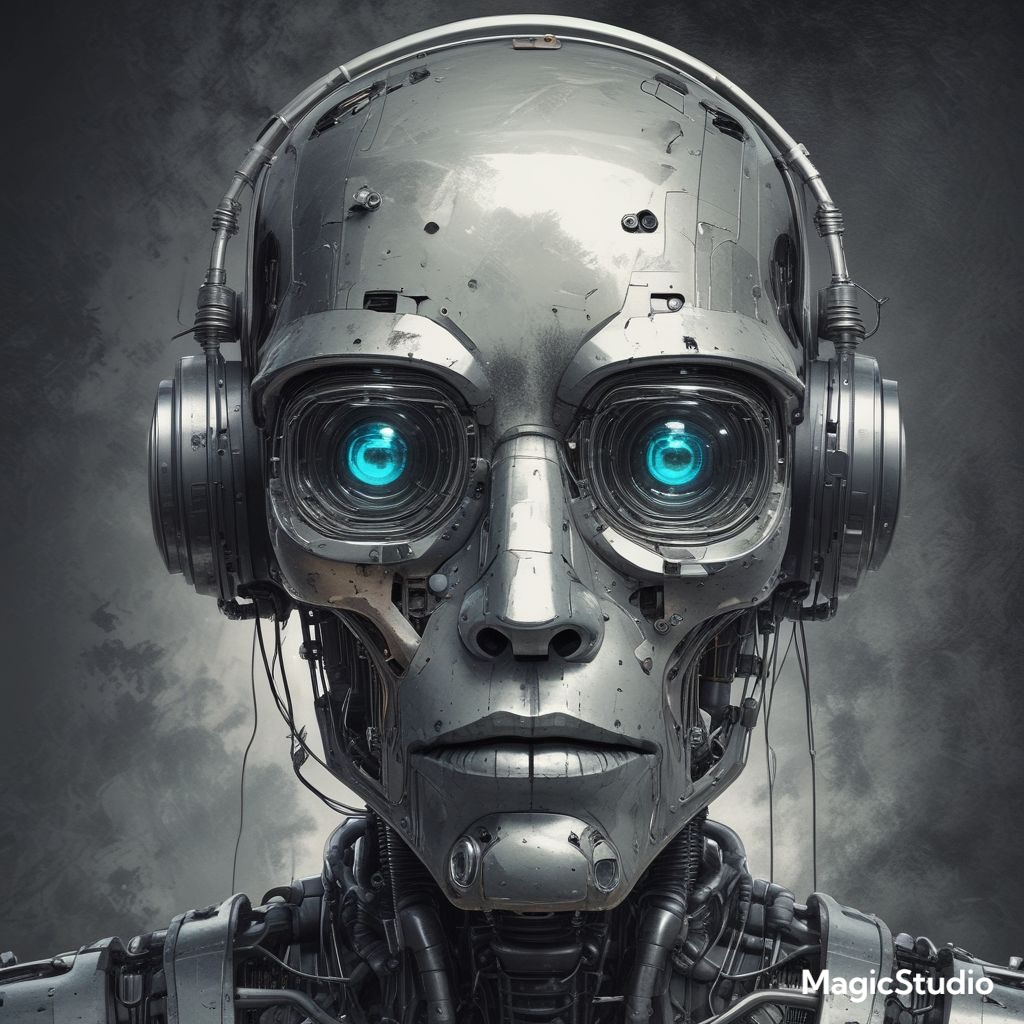Artificial Intelligence, often called AI, is no longer just an idea for the future — it’s already part of our daily lives. Whether it’s getting movie suggestions from Netflix or asking Siri for the weather, AI is making technology smarter and more helpful.
What is AI All About?
AI is when machines are programmed to think and act like humans. They can learn new things, solve problems, understand speech, and even make decisions.
There are two main types of AI:
- Narrow AI: This type is built for specific tasks, like voice assistants or spam filters.
- General AI: Still in development, General AI would be able to think and learn across many tasks, just like a human.
Right now, almost all AI we use falls under Narrow AI.
Where We See AI Working
AI is making a big impact across different fields:
- Healthcare: AI helps doctors spot illnesses early and even suggest treatment plans.
- Banking: It helps catch fraud and offers customers smart financial advice.
- Education: AI tools can adjust lessons to match each student’s learning style.
- Travel and Transport: Self-driving cars and traffic apps use AI to keep people moving safely.
- Customer Service: Many companies now use chatbots that answer questions instantly, thanks to AI.
Why AI is Important
- Saves Time: AI handles routine tasks so people can focus on bigger challenges.
- Better Decisions: It processes huge amounts of data quickly, finding patterns humans might miss.
- New Possibilities: AI is opening doors to inventions we couldn’t have imagined a few years ago.
Things to Watch Out For
Even with its benefits, AI brings some concerns:
- Job Changes: As machines take over simple tasks, workers might need new skills.
- Fairness: If AI learns from biased data, it can make unfair choices.
- Privacy Risks: AI often needs lots of personal information, raising security worries.
- Ethical Questions: Who is responsible if an AI makes a wrong decision?
Looking Ahead
As technology keeps improving, AI will continue to grow smarter and more useful. Researchers are working hard to make AI fair, safe, and easy for everyone to understand. If used wisely, AI could help solve major problems like healthcare shortages, climate change, and global education gaps.
The future of AI isn’t just about smarter machines — it’s about building a smarter world.








Leave a Reply